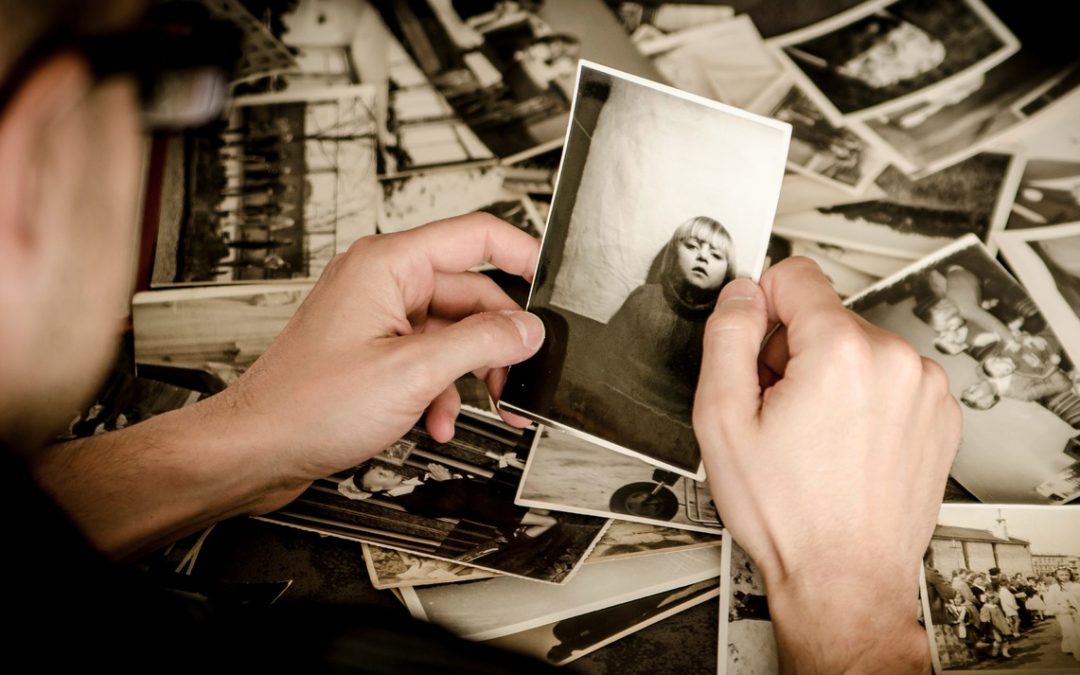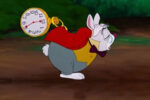In Dutch you can use the past tense forms fairly arbitrarily. But not in French. When do you use the simple past tense (l’imparfait) and when do you use the past perfect (passé composé)?
In short: you use the passe composé for movements or events and the imparfait for stills and descriptions.
passé composé
More precisely: you use the passé composé to tell what happened in the past or what someone did. You answer the question ‘And then?’
There can be multiple actions (something happened, and then something else happened). Or if you want to say that something has changed.
It is important in the passé composé that it always concerns a closed event: the beginning and end are clear.
J’ai dormi pendant la réunion.
(I slept during the meeting.)
Je suis arrivé chez moi cet après-midi. Ensuite, j’ai raconté à ma mère ce qui s’était passé.
(I came home this afternoon. Then I told my mom what happened.)
Soudain, j’ai glissé sur une peau de banane.
(Suddenly I slipped on a banana peel.)
The imparfait
describes what it was like in the past: an action that is still going on, a habit or a fact or a condition. So for example with memories, or with descriptions).
Quand j’étais jeune, je jouais au tennis tous les étés.
(When I was young I played tennis every summer)
Comme d’habitude, je me réveillais, je mangeais une tartine et je buvais un verre de thé.
(As usual, I got up, had a sandwich, and had a glass of tea.)
Signal words for the passé composé:
alors (then) – aprés (afterwards) – ensuite (afterwards) – puis (then) – soudain (suddenly) – tout à coup (suddenly) – tout de suite (immediately)
Signal words for the imparfait:
autrefois (used to be) – pendant que (while) – quelquefois (sometimes) – souvent (often) – toujours (always)






